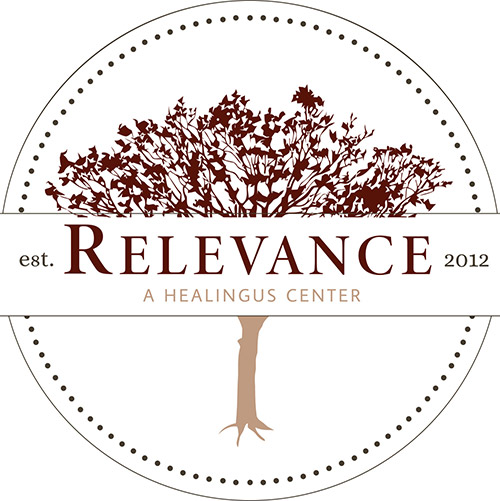What Are the Signs of Valium Addiction?

Valium is a commonly abused prescription drug. If you are worried about your own or someone else’s Valium use, it is essential to know the signs of addiction. Keep reading to learn how to recognize the signs of Valium addiction and how to get help if you or someone you know needs it. Relevance Recovery […]
Why is Prescription Drug Abuse On the Rise

Prescription drug abuse is currently on the rise in America and is a severe problem. So why is this happening? And what can be done about it? In this blog post, we will explore why prescription drug abuse is on the rise and becoming a big problem in our country. We will also discuss some […]
What Are the Signs of Benzo Abuse?

While benzodiazepines often have low abuse potential, they can become dangerous when individuals use them to get high, alter the high of other drugs, and use them illegally and unmonitored by a doctor. If a loved one is on benzodiazepines, it is important to recognize the signs of benzo abuse. At Relevance Recovery, our expert […]
Is My Spouse an Alcoholic?

It can be challenging to wonder what the signs of alcoholism are in a spouse. You may have noticed some changes, experienced some negativity, and developed your own personal feelings about your loved ones drinking habits that color how you feel and address their substance use. If you are questioning if your spouse has a […]
Why Do Police Officers Face Addiction & Mental Health Disorders?

Police officers have been identified as an at-risk population for developing substance abuse and mental health disorders. Limited research and low numbers of self-reported disorders make quality data on the prevalence hard to find. Still, anecdotal evidence and clinician experience suggest the numbers to be significant. Though data is limited, it is not hard to […]
How Addictive is Alcohol?

Alcohol addiction is a complex issue that affects millions of people worldwide. From the casual social drinker to those battling with a severe dependency, alcohol has the power to hijack the brain and create a vicious cycle that’s incredibly difficult to break free from. But what exactly is happening in the brain that leads to […]
Are Benzos Dangerous For Teens?

Benzodiazepines are extremely dangerous for teen use. These drugs are used to induce sedation, reduce anxiety, and even cause amnesia are commonly abused to create a euphoric high. According to the DEA, young adults often take the drug orally, crush it, or snort it to get high. Relevance Recovery, our New Jersey teen treatment program, […]
What Drugs Are Most Commonly Abused Among College Students?

Because the brain is not fully developed, they are on their own for the first time in their life, and they are surrounded by stressors and peer pressure, college students are more likely to use and abuse drugs. At Relevance Recovery, a drug and mental health rehab located in New Jersey, we are here to […]
Common Signs of Prescription Drug Abuse

Each year, medical and mental health providers write thousands of prescriptions to address a range of medical and mental health conditions. Because these drugs are recommended by a trusted medical professional, many people do not consider the addictive nature of many prescription substances. Each year, millions of people develop an addiction to drugs of all […]
What is the Relationship Between Anxiety and Alcoholism?

Many people fear nervousness or fear occasionally but, anxiety is more than simple worry or fear. It is a persistent and ongoing struggle that interferes with your day-to-day life. Symptoms begin as early as childhood and continue into adulthood for many who struggle with anxiety. There are several types of anxiety disorders, each producing a […]
